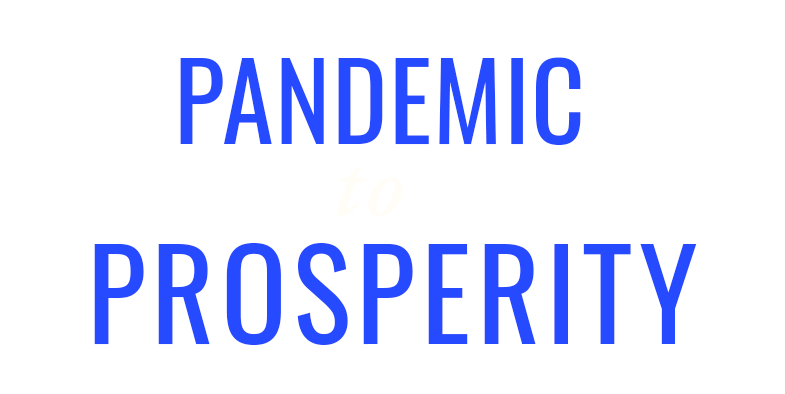Student Loan Debt
The share of families with student loan debt has more than doubled over the last 30 years. Black households have been most likely to hold student loan debt, increasing from 12% in 1989 to 30% in 2019.
Education installment loans, 1989 - 2019
Percent of households holding education loans by race/ethnicity
Source: Survey of Consumer Finances
Before the pandemic hit, 1 in 5 families were saddled with student loan debt. In March 2020, the federal government paused student loan repayments in response to the economic toll of the pandemic. This saved borrowers an average of $393 a month, an essential support as many struggled to cover basic household necessities. Once student loan payments resume, it is estimated that roughly 18 million borrowers will lose $85.5 billion of their income annually.1 This impact falls disproportionately on Black households, of which 30% held student loan debt in 2019.
Recent studies found that women hold two-thirds of student loan debt, with Black women more than twice as likely to hold $50,000 or more of undergraduate debt compared to white men.2,3,4 Though repayment plans such as Income-Driven Repayment (IDR) intend to lower borrowers’ payments over an extended period of time, studies find that borrowers’ student debt continues to mount because payments don’t cover monthly interest.5,6 One Black borrower accepted $24,000 in loans in 1990, yet after making 31 years of payments, owes $125,000 today — their story is not unusual.7 A 2020 study by the American Council on Education revealed that twelve years after beginning college, Black graduates with a bachelor’s degree owed 115% of their original loan amount, while Hispanic graduates owed 80% and white graduates owed 51%.8
While the U.S. Department of Education has taken steps towards addressing these historical failures, more substantial policy responses such as student loan debt cancellation up to $50,000 per borrower would immediately increase the wealth of Black Americans by an estimated 40%, while adding $174 billion to the nation’s GDP in the first year.1,9
“How Canceling Student Debt Would Bolster the Economic Recovery and Reduce the Racial Wealth Gap”. Bustamante. Roosevelt Institute. December, 2021. https://rooseveltinstitute.org/2021/12/08/how-canceling-student-debt-would-bolster-the-economic-recovery-and-reduce-the-racial-wealth-gap/
“Deeper in Debt: Women & Student Loans”. American Association of University Women. https://www.aauw.org/resources/research/deeper-in-debt/
“Resilient But Deeper in Student Debt: Women of Color Faced Greater Hardships Through COVID-19”. Bamona, Glottmann, and Riojas. Center for Responsible Lending. June, 2022. https://www.responsiblelending.org/sites/default/files/nodes/files/research-publication/crl-resilient-women-covid19-jun2022.pdf
“COVID-19 Adds to Economic Hardship of Those Most Likely to Have Student Loans”. King, Bennett, and Monte. U.S. Census Bureau. August, 2021. https://www.census.gov/library/stories/2021/08/student-debt-weighed-heavily-on-millions-even-before-pandemic.html
“Education Needs to Take Steps to Ensure Eligible Loans Receive Income-Driven Repayment Forgiveness”. U.S. Government Accountability Office. March, 2022. https://www.gao.gov/assets/720/719612.pdf
“A regressive student loan system results in costly racial disparities”. Seamster, Aja. Brookings. January, 2022. https://www.brookings.edu/blog/how-we-rise/2022/01/24/a-regressive-student-loan-system-results-in-costly-racial-disparities/
“Jim Crow Debt: How Black Borrowers Experience Student Loans”. The Education Trust. October, 2021. https://edtrust.org/wp-content/uploads/2014/09/Jim-Crow-Debt_How-Black-Borrowers-Experience-Student-Loans_October-2021.pdf
“Student Debt: The Unique Circumstances of African American Students”. Baum. American Council on Education. https://www.equityinhighered.org/resources/ideas-and-insights/student-debt-the-unique-circumstances-of-african-american-students/
"Department of Education Announces Actions to Fix Longstanding Failures in the Student Loan Programs". U.S. Department of Education. April, 2022. https://www.ed.gov/news/press-releases/department-education-announces-actions-fix-longstanding-failures-student-loan-programs

